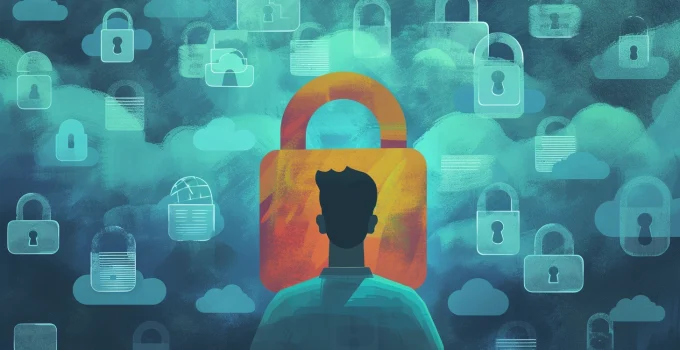In today’s interconnected world, where our lives are increasingly intertwined with the digital Privacy realm, safeguarding our privacy and security online has become more critical than ever. The rise of social media, e-commerce, and digital communication platforms has opened up new avenues for connectivity and convenience, but it has also exposed us to unprecedented risks to our personal information and data security. In this article, we will explore the importance of digital privacy, the threats to our online identity and security, and practical strategies for empowering yourself to protect your digital footprint and maintain control over your personal information.
Understanding Digital Privacy
Digital privacy refers to the right of individuals to control the line togel collection, use, and dissemination of their personal information in the digital sphere. It encompasses a broad range of concerns, including the privacy of communications, protection of personal data, and the right to anonymity and freedom from surveillance online. In an era where data has been dubbed the “new oil,” with companies and governments collecting and analyzing vast amounts of personal information for various purposes, the need to protect our digital privacy has never been more pressing.
The Importance of Protecting Your Online Identity

Your online identity is a valuable asset that can be targeted by cybercriminals, advertisers, and other malicious actors seeking to exploit your personal information for their gain. From identity theft and financial fraud to intrusive advertising and targeted surveillance, the risks to your digital privacy are diverse and ever-present. By safeguarding your online identity, you can prevent unauthorized access to your personal information, mitigate the risk of identity theft and fraud, and preserve your autonomy and control over your digital presence.
Threats to Digital Privacy
There are numerous threats to digital privacy that individuals may encounter in their online interactions. These include phishing attacks, malware infections, data breaches, and unauthorized surveillance by governments and corporations. Phishing attacks involve tricking users into divulging sensitive information, such as passwords or financial details, through deceptive emails or websites. Malware infections can compromise the security of your devices and enable attackers to steal your personal data or spy on your activities. Data breaches occur when hackers gain unauthorized access to databases containing personal information, exposing individuals to the risk of identity theft and fraud.
Empowering Yourself to Protect Your Digital Privacy
Fortunately, there are steps you can take to empower yourself and protect your digital privacy online. These include:
- Using Strong Passwords and Multi-Factor Authentication: Choose complex passwords for your online accounts and enable multi-factor authentication whenever possible to add an extra layer of security.
- Being Cautious of Phishing Attempts: Exercise caution when clicking on links or downloading attachments from unfamiliar or suspicious sources, as they may be phishing attempts designed to steal your personal information.
- Keeping Your Software Up to Date: Regularly update your operating system, web browser, and security software to patch vulnerabilities and protect against known threats.
- Encrypting Your Data: Use encryption tools such as virtual private networks (VPNs) and encrypted messaging apps to secure your communications and protect your sensitive data from interception.
- Limiting Your Exposure: Be mindful of the information you share online and avoid oversharing personal details on social media and other public platforms.
Advocating for Stronger Privacy Protections

In addition to taking steps to protect your own digital privacy, you can also advocate for stronger privacy protections at the organizational and legislative levels. Support initiatives that promote transparency, accountability, and user control over personal data, and urge policymakers to enact robust privacy regulations that safeguard individual rights in the digital age. By raising awareness and advocating for change, you can help create a more privacy-respecting and secure digital environment for everyone.
Conclusion: Taking Control of Your Digital Privacy
Digital privacy is a fundamental human right that requires proactive action and vigilance to protect in today’s interconnected world. By understanding the importance of digital privacy, recognizing the threats to our online identity and security, and empowering ourselves with practical strategies for safeguarding our personal information, we can take control of our digital footprint and preserve our autonomy and privacy online. Together, let us work to create a safer, more secure digital environment where individuals can navigate the digital landscape with confidence and peace of mind.




